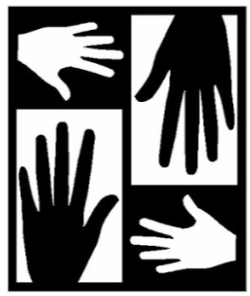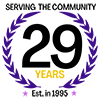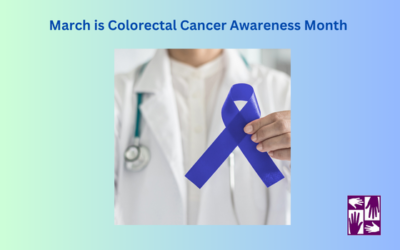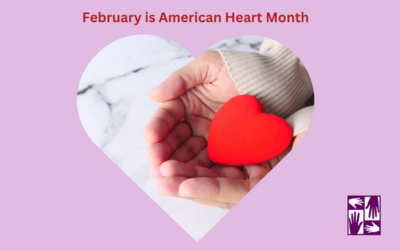October 20, 2013

What Causes Isolation?
Not only is isolation a common experience, it is an understandable consequence of aging. As we age, our children grow up and leave home, we retire from the workforce, and – as our bodies change – we become more vulnerable to developing chronic illnesses. We may also lose our independence because of the need to stop or reduce driving. While much of this is unpleasant and unwanted, they are all-natural consequences to the aging process, and we must accept the realities of aging in order to make a commitment to live life to the fullest.
How Do We Combat Isolation?
Awareness is the first step towards overcoming isolation. Once we are able to understand isolation and how it affects us, we can develop strategies to lessen the impact. Many of the interventions are simple. Start by writing a list of everything that interests you and your loved elder. Write down all of the things that she/he has enjoyed over the many years. Don’t censor the list. It doesn’t matter how big or how small, how expensive or how thrifty, how easy or how difficult – it’s important to get the activities down on paper.
Once you have a list of Activities of Interest (AOI), begin plugging them into the calendar. Try to schedule at least one AOI every day. If the AOI is big and involved, you may only be able to schedule it once a month or once a year. Schedule many of the smaller activities more regularly.
Seeking the help of a Home Care and Care Management agency is also an effective way to ensure that your older loved one is getting the help that they need. Geriatric Care Managers can help you access existing programs that support older adults in your community, while caregivers can help with the day-to-day implementation of AOI’s.
Once AOLs have been integrated into your elderly loved ones lives, isolation, and the loneliness that goes with it, will start to be less of a threat.
Awareness is the first step towards overcoming isolation. Once we are able to understand isolation and how it affects us, we can develop strategies to lessen the impact.
Related Articles
April is Parkinson’s Disease Awareness Month
Approximately one million Americans are living with Parkinson’s today and nearly 90,000 new cases are being diagnosed each year. On this blog, we spell out some of the ABC’s of the disease.
March is Colorectal Cancer Awareness Month
On a semi-monthly basis, we at Senior Alternatives like to bring awareness to the public about certain medical conditions that affect adult children or elders. This month of March we bring our focus to gut health and cancer screening.
February is American Heart Month
This month we want to heighten awareness about heart health, especially for women.




